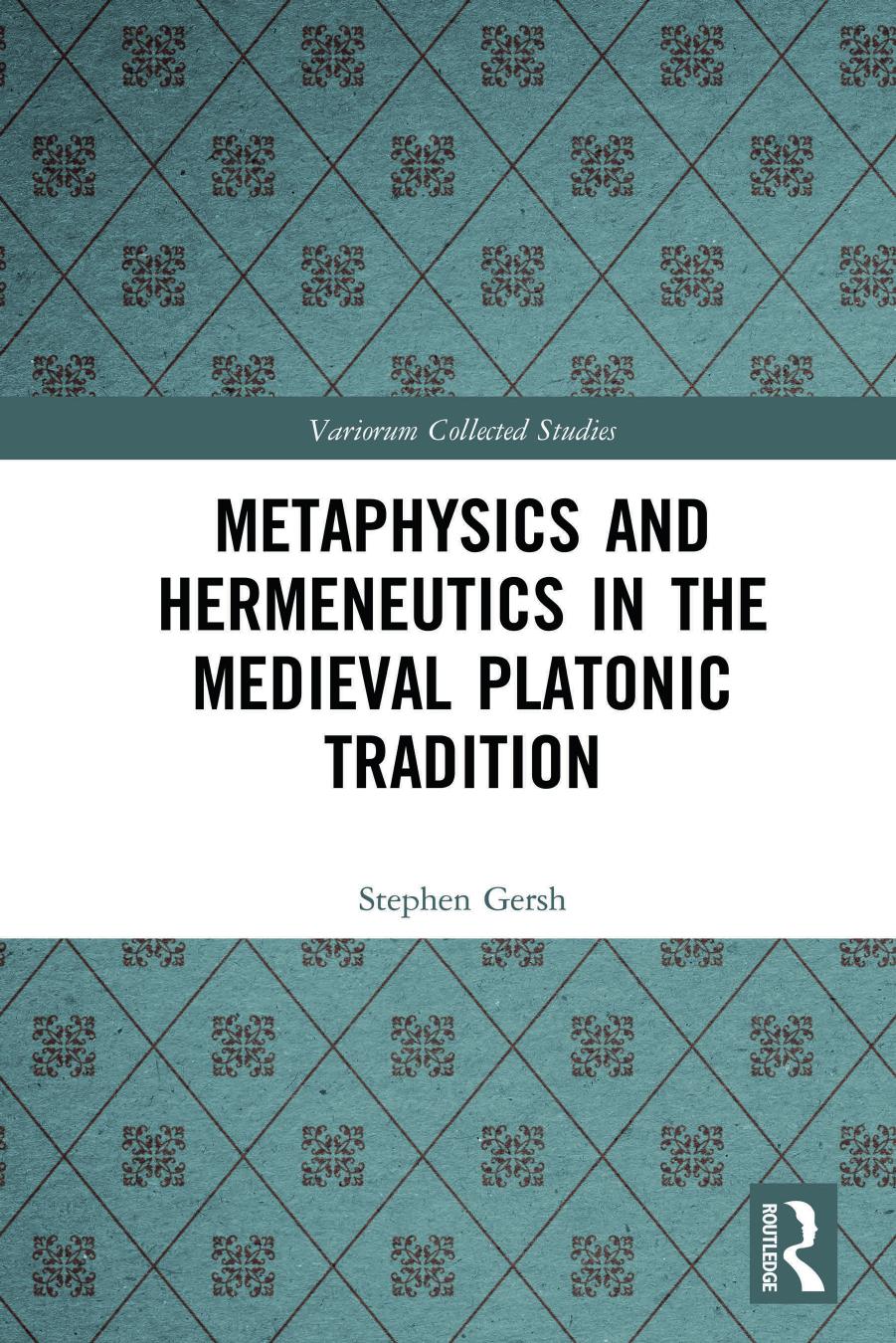

Most ebook files are in PDF format, so you can easily read them using various software such as Foxit Reader or directly on the Google Chrome browser.
Some ebook files are released by publishers in other formats such as .awz, .mobi, .epub, .fb2, etc. You may need to install specific software to read these formats on mobile/PC, such as Calibre.
Please read the tutorial at this link: https://ebookbell.com/faq
We offer FREE conversion to the popular formats you request; however, this may take some time. Therefore, right after payment, please email us, and we will try to provide the service as quickly as possible.
For some exceptional file formats or broken links (if any), please refrain from opening any disputes. Instead, email us first, and we will try to assist within a maximum of 6 hours.
EbookBell Team

5.0
20 reviewsThe principal conceptual aim of the collection is to establish the primacy of hermeneutics within the philosophical program developed by these authors: in other words, to argue that their philosophical activity, substantially albeit not exclusively, consists of the reading and evaluation of authoritative texts. The essays also argue that the role of hermeneutics varies in the course of the tradition between being a means towards the development of metaphysical theory and being an integral component of metaphysics itself. In addition, such changes in the status and application of hermeneutics to metaphysics are shown to be accompanied by a shift from emphasizing the connection between logic and philosophy to emphasizing that between rhetoric and philosophy.
The collection of essays fills in a lacuna in the history of philosophy in general between the fifth and the fifteenth centuries. It also initiates a dialogue between the metaphysical hermeneutics of medieval Platonism and certain modern theories of hermeneutics, structuralism, and deconstruction. The book will be of special interest to students of the classical tradition in Western thought, and more generally to students of medieval philosophy, theology, history, and literature.